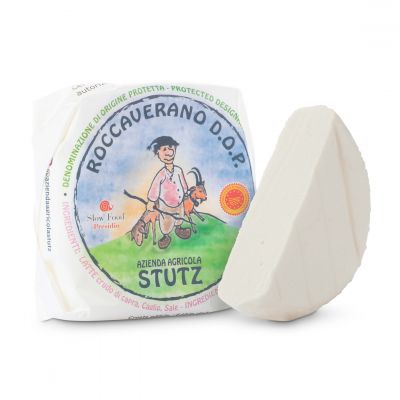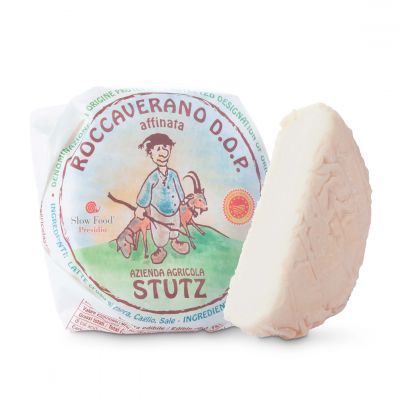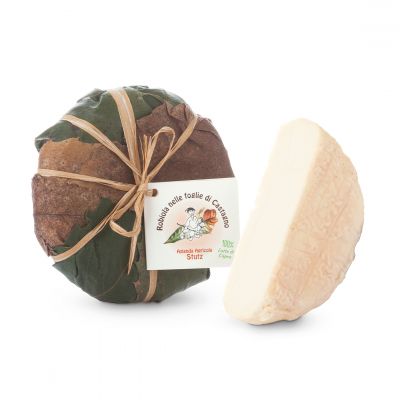It is an important benchmark in the Roccaverano DOP world. We would like introduce you to the Stutz farm, situated in the Langhe area of Asti province
⏱ 3 MINUTES READING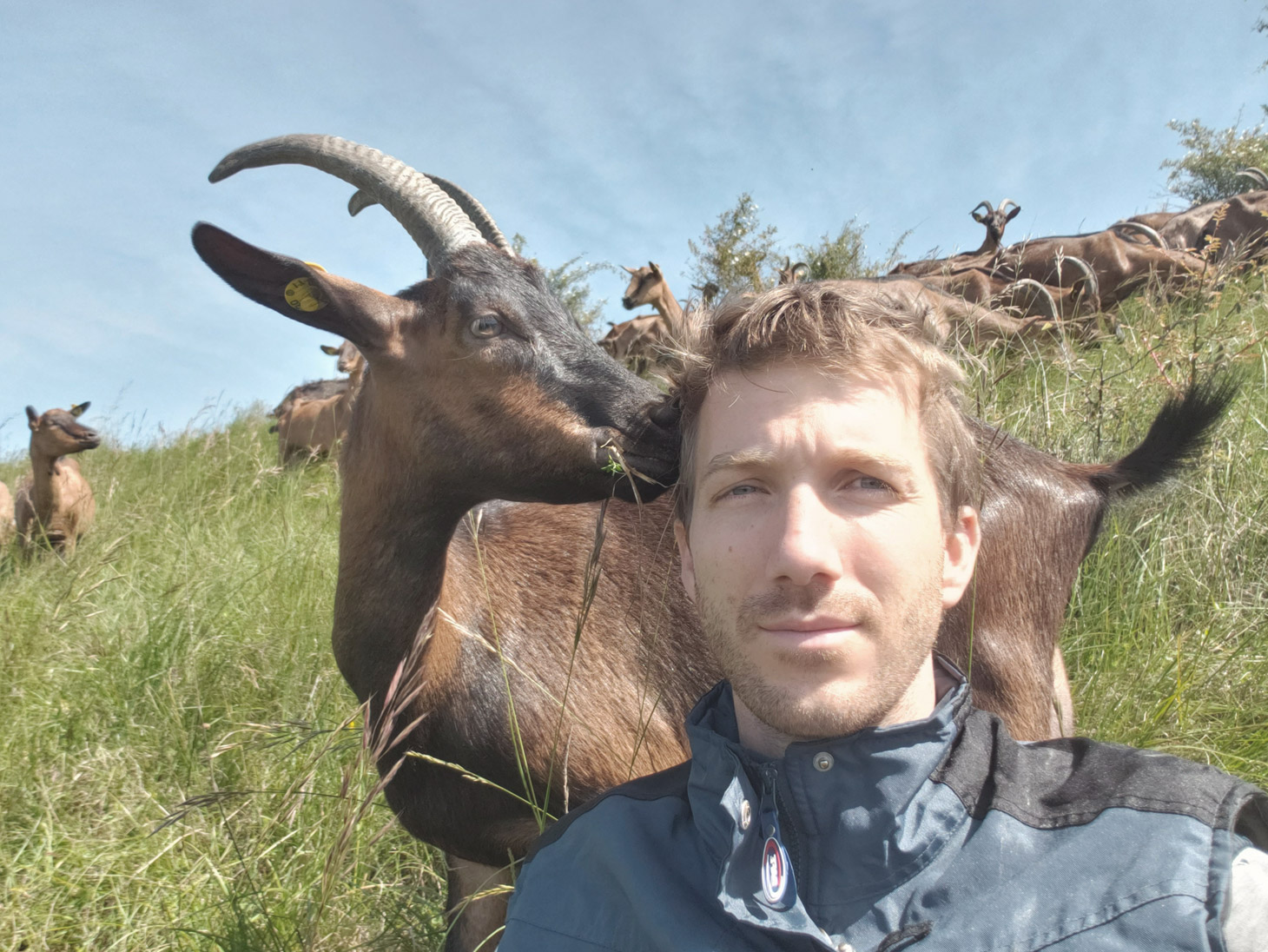 THE STUTZ'S FAMILY
THE STUTZ'S FAMILY
Andrea Pfister and Simone Stutz left Swiss at the beginning of 90s and they placed in Langhe area, more precisely at Mombaldone (AT). They brought their two children with them in order to get away from city frenzy.
They wanted to stay in contact with the nature, raising goats and making cheese. Now children are grown up and today Jerome and Ramon run the business, the Stutz farm indeed, together with their parents.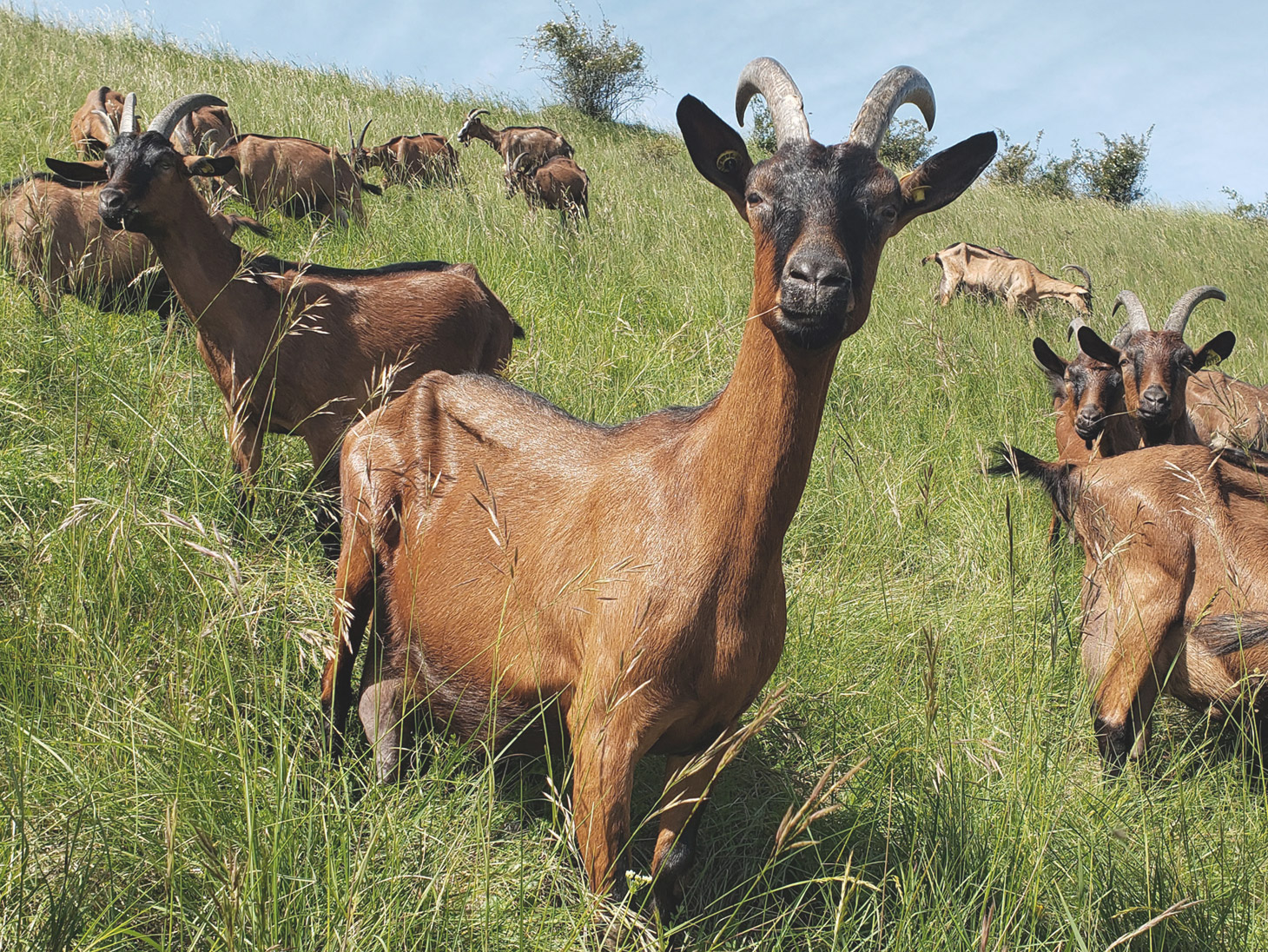 THE FARM
THE FARM
The Stutz family controls the whole production chain. As for the breeding, they have got around 250 Camosciata goats and few native Roccaverano goats that freely breed for 8 months in the Stutz’s fields, situated on the hills of Langhe. During this period, they feed on grass, shrubs and leaves.
During winter, they eat hay, reaching the physiological lack period and obviously the new births.
They produce Robiola di Roccaverano DOP and other robiola style cheeses made with goat’s milk. The quality of their cheeses is so remarkable that convinced us at the first tasting.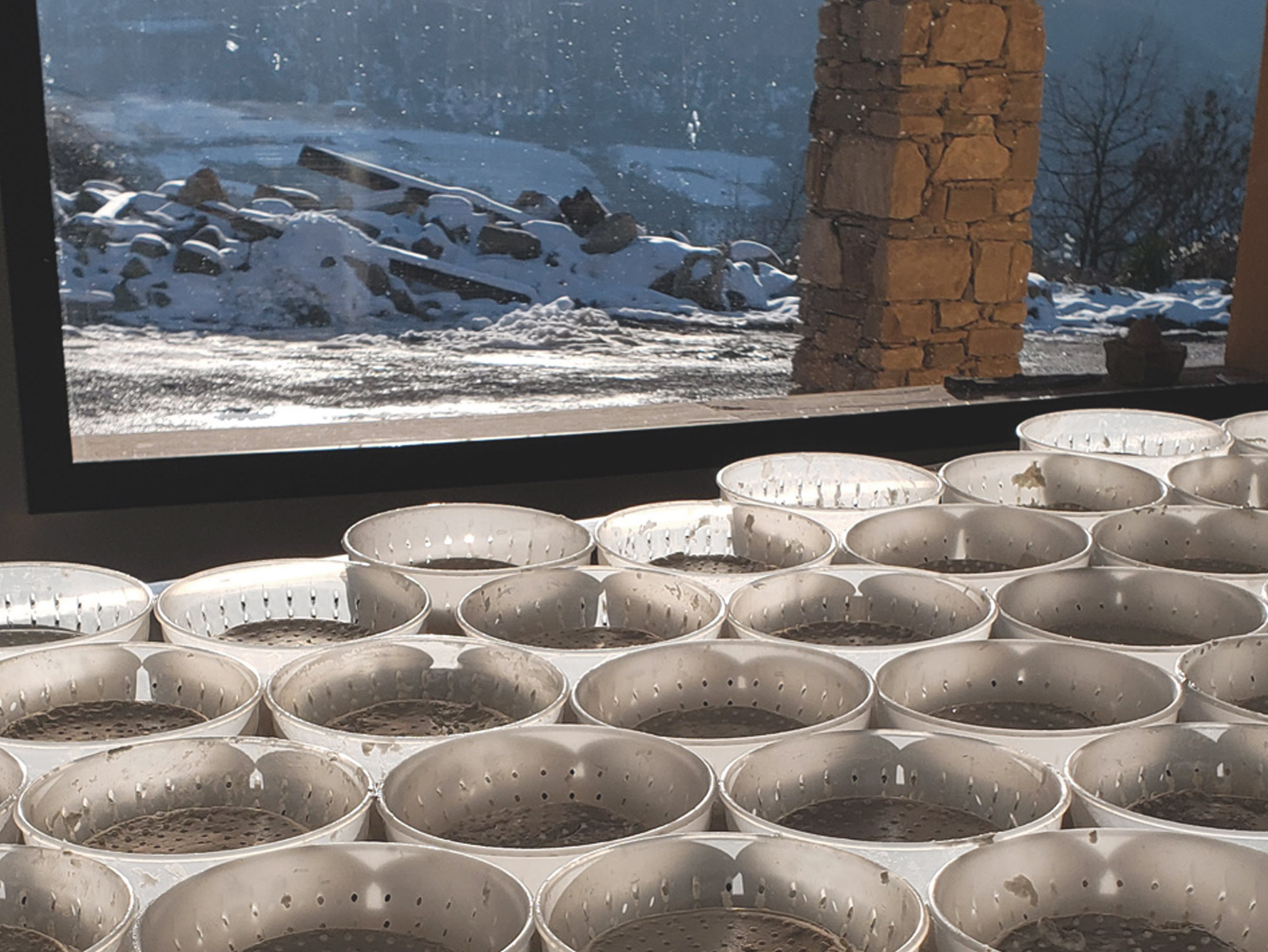
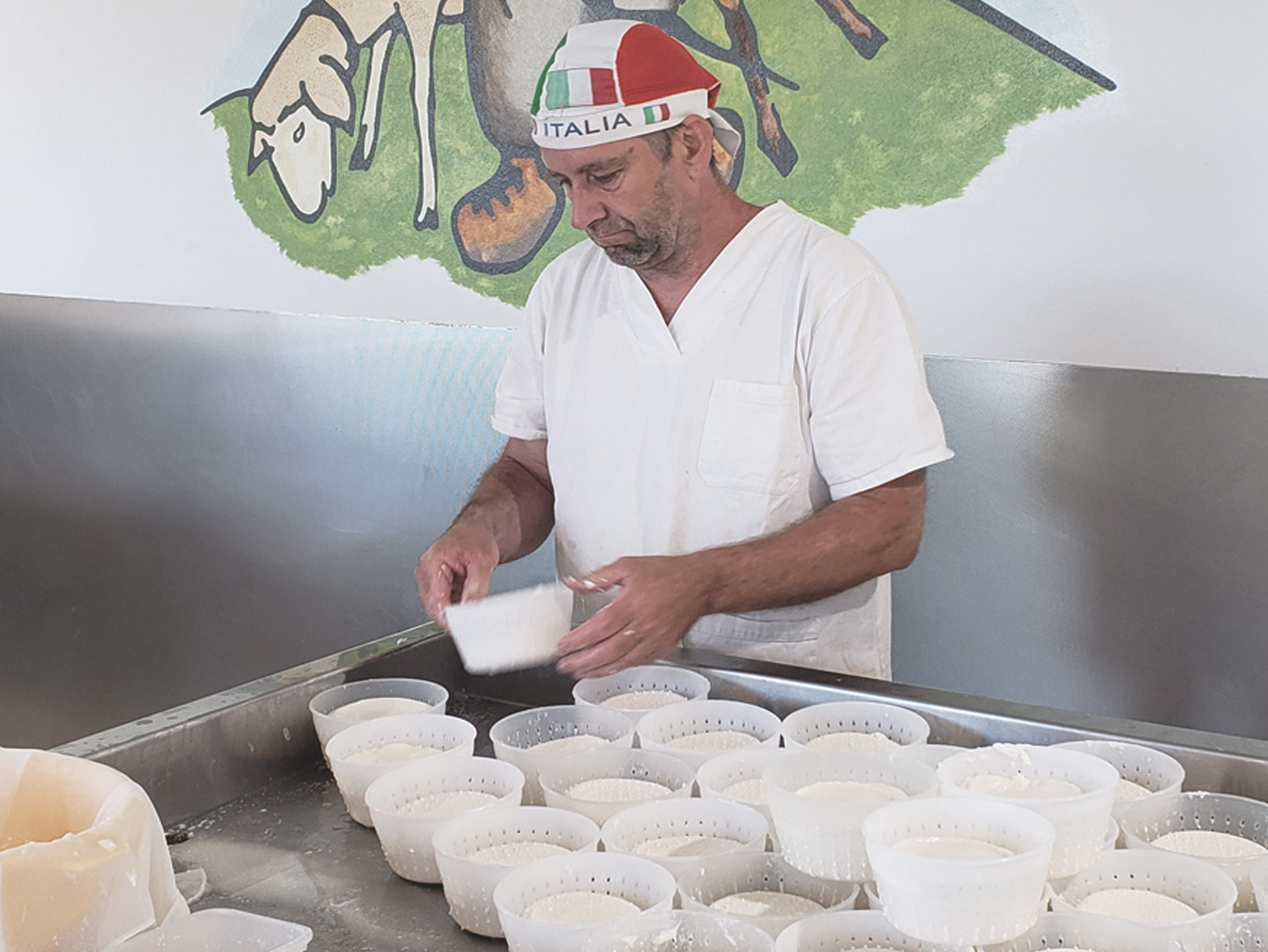 THE PROCESSING
THE PROCESSING
The farm processes only the milk of his flock, strictly raw.
The milk-starter is added to the milk of the evening, which is left to acidify until the next morning, when the morning milk is added. It is finally added a very little calf rennet and the mix is left to rest for other 22/24 hours. In this way the coagulation takes place more naturally.
After that, everything is poured in 2 litres cylindrical bowls: this is a really gently process because the curd must be kept as intact as possible in order to slow down the release of whey. Preserving the integrity of the clot is essential to obtain an high quality Robiola, as much as the laboratory temperature which must be around 20 °C.
After the salting, the cheese is ready for the selling: it takes 5 days to obtains a fresh Robiola and 2 weeks for a seasoned one with a very thin rind.
THE SLOW FOOD PRESIDIUM
Between March-April and October-November, so during the pasture season, the Robiola made only with raw goat’s milk is certified by the Slow Food Presidium, with the recognizable mark on the label. Stutz’s farm is one of the few producers to join to Robiola di Roccaverano’s Slow Food disciplinary. 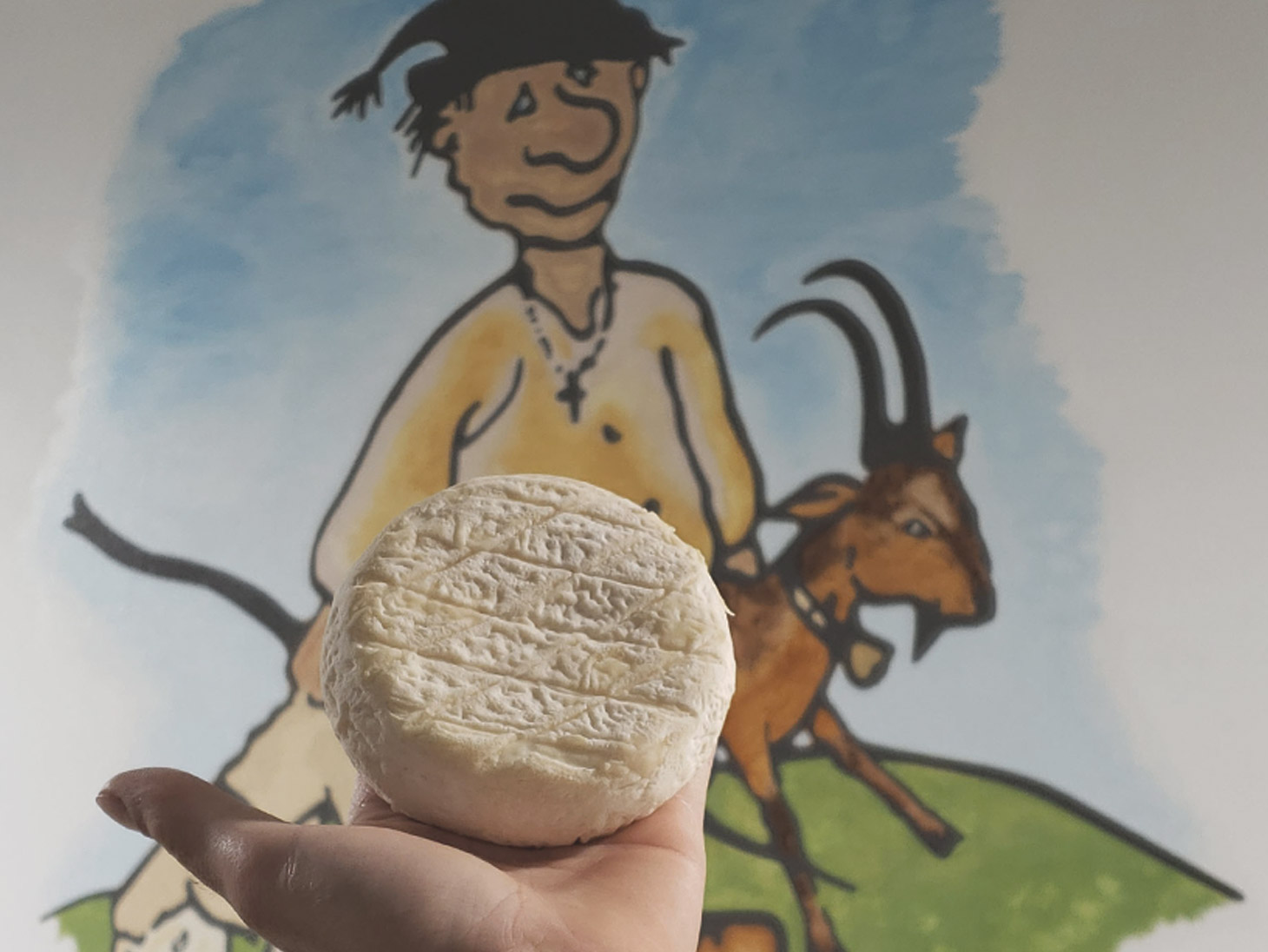 ROBIOLA AFFINÈ
ROBIOLA AFFINÈ
Apart from Roccaverano DOP, Jerome – he is the person in charge for the production and the sales - seasons some superb goat milk robiolas in chestnut and fig leaves for at least 3 weeks. The result is amazing: the rind is quite rough and takes a pale yellow colour with orange shades.
The bite is a bit compact because these robiola are more seasoned than DOP ones, but in the mouth they are perfectly melting. To describe their flavour, I would ask you to imagine the fragrance you can feel under a fig or chestnut tree during a summer day. So sweet to be a dessert, so tasty to enrich an appetizer or a risotto. They are astounding!
These are not the only interesting cheeses they produce, we really hope to be able to tell you something more in the next months!
This is the quality benchmark we love to tell you, the producers we want you to meet and with whom we hope to work for a long time.
Alessandro De Conto
Commercial Manager




